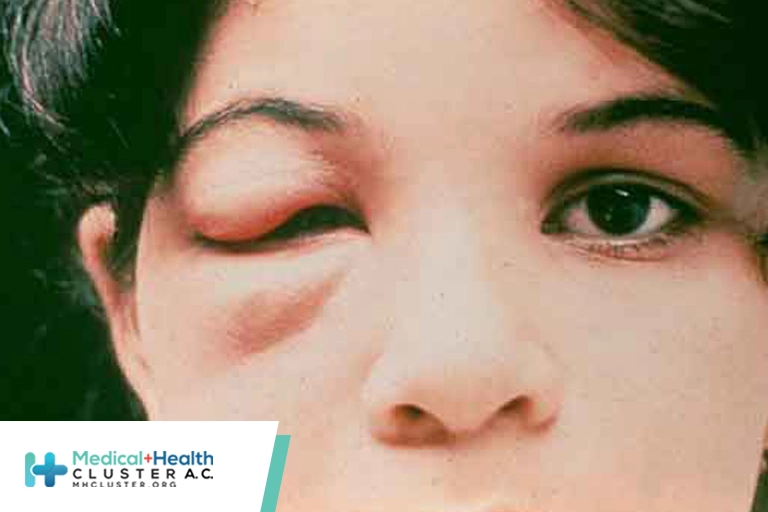En atención a la creciente preocupación sobre la confianza en...
Leer más
Congenital Chagas Disease

In the United States, an estimated 40,000 women of childbearing age are infected with Trypanosoma cruzi, the parasite that causes Chagas disease. The risk of transmission from mother-to-child is thought to be low, with an estimated 1-5% of infants born in the United States to mothers with Chagas disease infected with T. cruzi. This translates to between 63 to 315 infected infants born every year.
Identification and testing of infants at risk of infection is critical to prevent Chagas disease in the United States.
Most babies born with congenital Chagas disease have mild or no signs of illness. However, infection will persist for life and these infants are at risk for developing clinical manifestations of chronic Chagas disease later in life, unless treated.
Infants born with signs of Chagas disease may present with the following:
- Low birth weight
- Prematurity
- Low Apgar scores
- Hepatosplenomegaly
- Anemia
- Thrombocytopenia
Severe disease—such as meningoencephalitis, pneumonitis, or anasarca—and even death can occur in infected infants but is rare.
Women at risk for Chagas disease should be screened for infection before or during pregnancy. Women who have lived in Mexico, Central America, and South America are at greatest risk for Chagas disease.
Although the triatomine insects that transmit Trypanosoma cruzi are present in the southern half of the United States, few cases have been documented as a result of exposure to these insects in the United States and the risk is likely low. Routine testing of pregnant women is not indicated unless there is concern for exposure to triatomines.
For women with Chagas disease, treatment with benznidazole or nifurtimox is typically delayed until after pregnancy and breastfeeding because of concerns about drug safety. Benznidazole is approved by FDA for use in children 2–12 years of age and is commercially available at http://www.benznidazoletablets.com/en/external icon. Lampit®external icon (nifurtimox) is FDA approved for treatment of children from birth to younger than 18 years and is commercially available for pharmacies to purchase from several drug wholesalers.
An infant should be evaluated for congenital Chagas disease if:
- The mother has been diagnosed with Chagas disease;
- The infant has signs suggestive of Chagas disease; or
- The mother has not been screened but is from an endemic area where she may have acquired the infection.
Infant diagnosis relies on detection of the parasite after birth by microscopic examination of blood smears and/or PCR testing for Trypanosoma cruzi DNA in blood. Because the infected mother’s antibody to T. cruzi can persist in her infant for up to 9–12 months, serologic testing is not useful for detecting congenital infection in newborn infants. Over time, the mother’s antibody will disappear and children who are uninfected should be antibody negative by 9–12 months of age.
Treatment is recommended for all cases of congenital Chagas disease. The cure rate is >90% when treatment is given in the first year of infection. Nifurtimox and benznidazole are both effective for treatment of congenital Chagas disease.
Siblings of an infant with congenital Chagas disease should be evaluated for Chagas disease.




